
Methane, often referred to as the "silent climate killer," is responsible for nearly 20% of global greenhouse gas emissions. In India, agriculture is the largest contributor to methane emissions, driven by practices like flooded rice cultivation and livestock rearing.
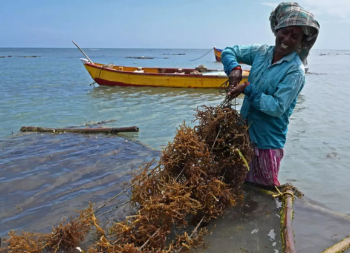
India, with its extensive 7,500 km coastline, is uniquely positioned to harness the potential of seaweed cultivation as a formidable tool against carbon emissions. Seaweed, a diverse group of marine algae, offers multifaceted benefits ranging from environmental sustainability to economic growth. Its rapid growth rate and exceptional carbon sequestration capabilities make it a promising solution for India's climate change mitigation strategies.

Plastic waste has become a pervasive environmental challenge, with global production reaching over 320 million tonnes annually as of 2018. Alarmingly, only about 9% of this plastic is recycled, while the rest accumulates in landfills or pollutes our oceans. To combat this crisis, individuals and communities can adopt creative strategies to repurpose plastic waste, transforming it into innovative masterpieces. Central to this approach is the practice of the 3Rs: Reduce, Reuse, and Recycle.
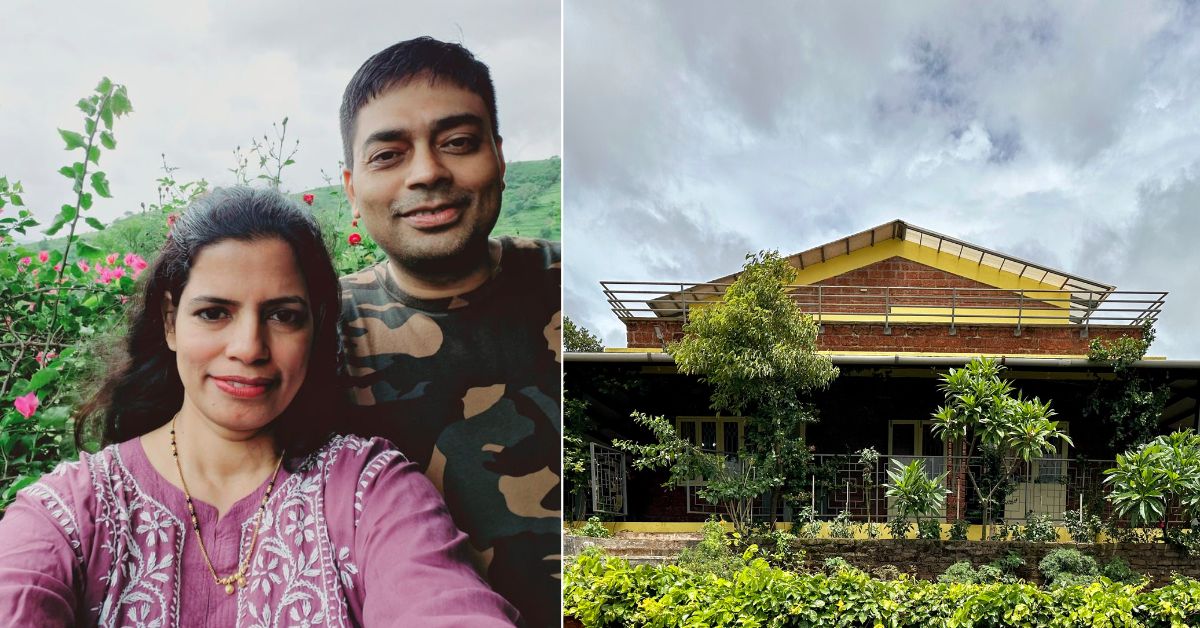
In the tranquil hills near Pune, IT professionals Anirudha and Sucheta Ambekar have transformed their longing for rural life into a sustainable sanctuary named 'Anant Farms'. This 3,000-square-foot residence, located approximately 47 kilometers from Pune city, harmoniously blends traditional architecture with modern eco-friendly practices.
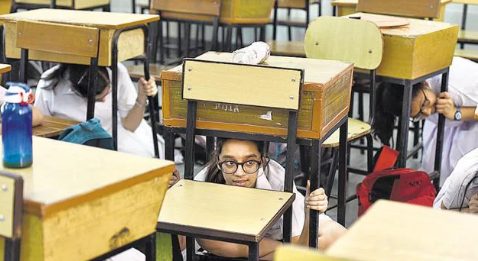
Climate change is on the rise and extreme weather conditions such as floods, heatwaves, and wildfires are becoming more frequent and severe. And schools are particularly vulnerable to these changes as they remain ill-equipped and unprepared to handle these challenges. According to a report by UNESCO, droughts and desertification affect 250 million people worldwide and prevent millions of children from attending school every year. It’s high time now we don’t see building resilient schools as an option, but a necessity for smooth continuity in education amid increasing environmental threats.

Climate change is one of the biggest challenges we face today. It is no longer something we can worry about in the distant future—it's happening right now. There is extreme weather, rising sea levels, heatwaves, floods, and wildfires occurring all around the world. People are migrating from their homes, seeking refuge in other countries in search of better living conditions. For example, in the Pacific islands, rising sea levels are slowly flooding entire communities, leaving people with no choice but to leave their homes and seek refuge in New Zealand and Australia. Similarly in Bangladesh, frequent floods and cyclones are forcing people to migrate from rural areas to cities or even other countries such as India.

A leisurely walk in Sanjay Van or Cubbon Park are coveted activities for residents of Delhi and Bengaluru who feel drawn to these green spaces. Called the ‘lungs’ of the cities, these urban forests and green spaces are important for enhancing the well-being of the residents, improving air quality, and mitigating the effects of climate change by reducing air temperature and weathering storms or cyclones.
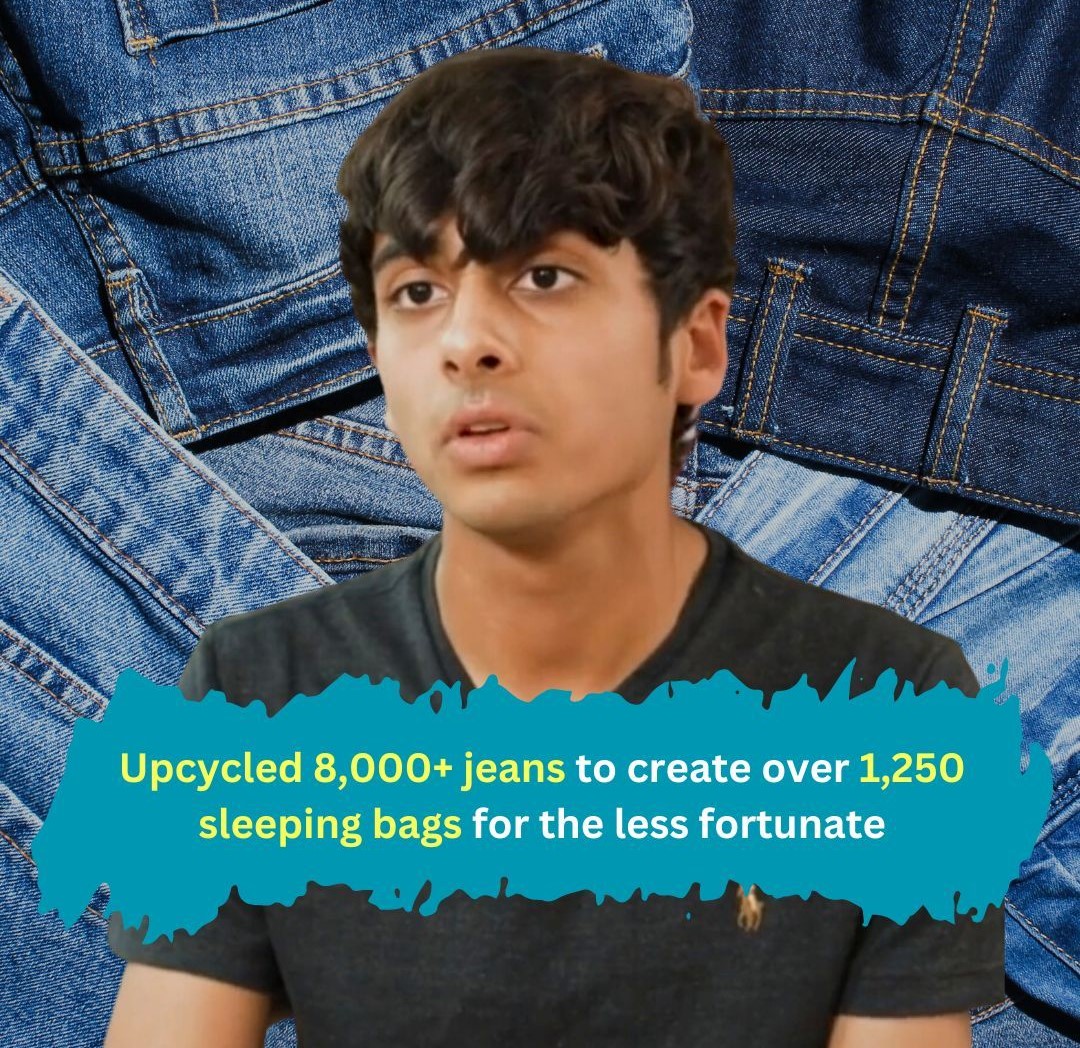
Did you ever think that the clothes we love might be part of the pollution around us?

Gone are the days when recycling meant dealing with unregulated, informal scrap dealers. The new-age kabadiwalas are stepping up to bridge the gap between sustainability and convenience. These digital platforms and mobile applications provide safe, transparent, and efficient ways to recycle waste, redefining the role of traditional scrap dealers.
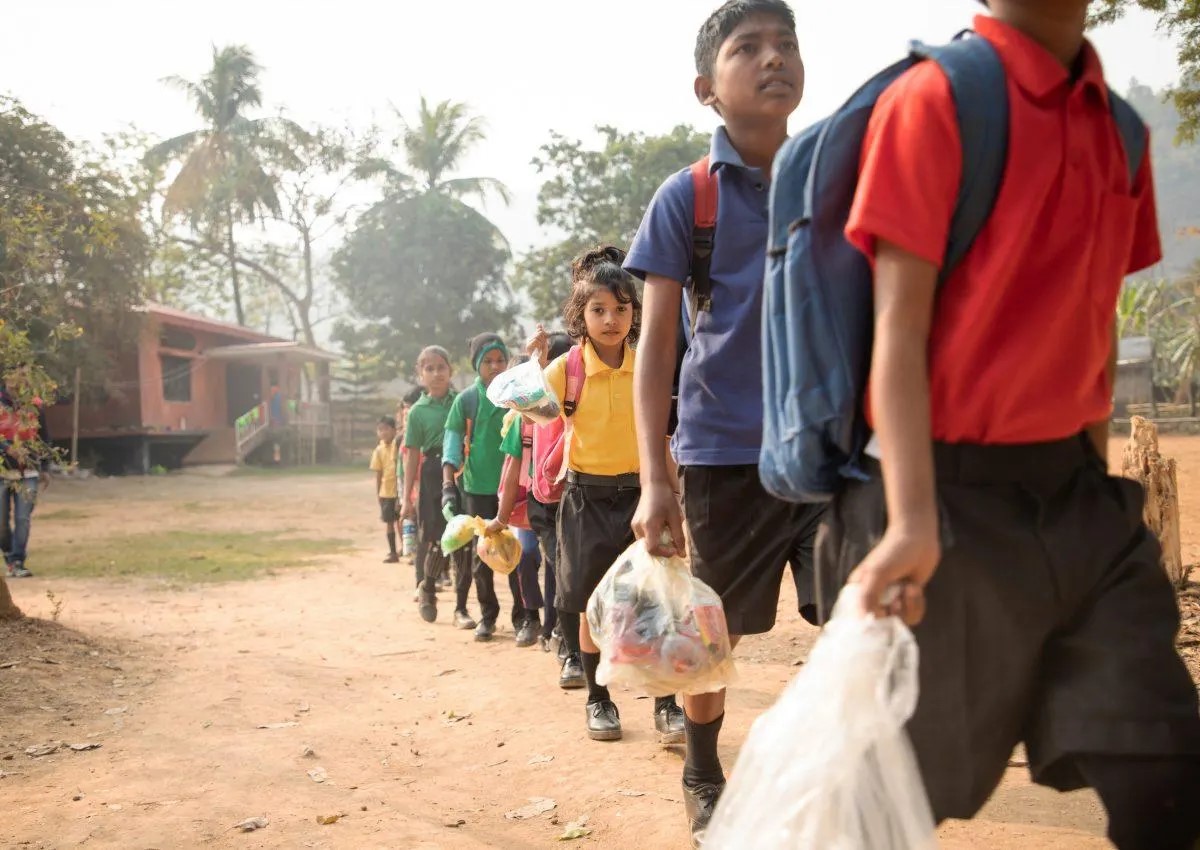
Have you ever thought about the possibility of using something as simple as plastic to pay for school instead of money? While traditional schools demand a financial toll, there's a hidden gem Pamohi village in Assam, that challenges this norm – Akshar School. Here, education takes on a new form, where over 100 unprivileged children contribute not in cash but in bags filled with plastic waste. This is no ordinary school. It's a place of change, where education meets innovation, and where plastic finds a purpose.